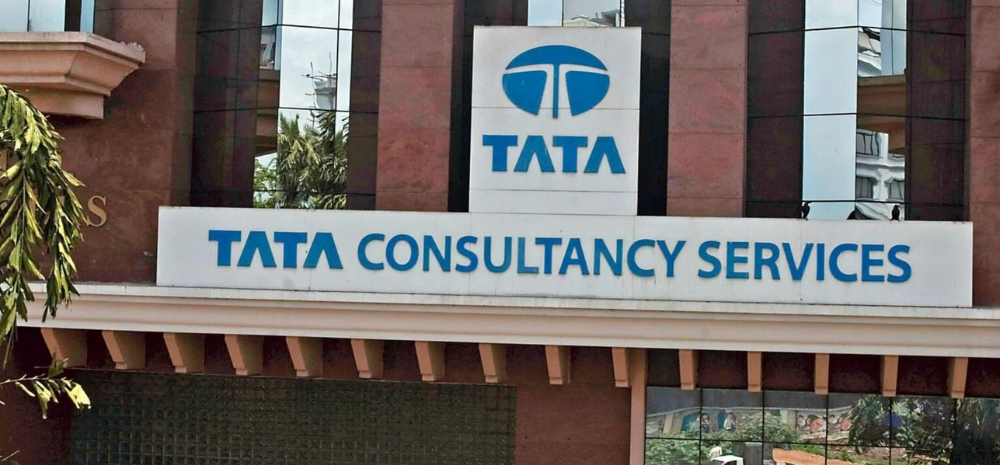Tata Consultancy Services (TCS), India’s largest IT firm, is facing legal challenges over allegations that it manipulated the U.S. visa system. According to former employees, TCS allegedly misused L-1A manager visas to sidestep H-1B visa caps and restrictions, raising concerns about potential immigration violations.

The allegations suggest that TCS falsely designated employees as managers to obtain L-1A visas, which are meant for intra-company transfers. Unlike H-1B visas, L-1A visas have fewer restrictions and do not require a lottery system, making them a more accessible option for Indian IT firms.
Legal Battles and U.S. Government Response
Several lawsuits have been filed against TCS, accusing the company of misrepresenting job roles and gaming the U.S. visa process. Despite these accusations, the U.S. Department of Justice has declined to intervene, leaving the legal battle between the affected employees and TCS.
TCS, on the other hand, has denied all allegations, stating that it strictly follows U.S. immigration laws and does not engage in any visa fraud. The company argues that all its visa applications are legally compliant and reviewed by relevant authorities before approval.
A Larger Issue in the Indian IT Industry?
This is not the first time an Indian IT giant has faced visa-related scrutiny. The U.S. has long accused outsourcing firms of exploiting the visa system to replace American workers with lower-cost employees from India.
- In 2013, Infosys paid $34 million to settle a visa fraud case.
- Wipro and HCL have also been investigated for similar reasons.
With increasing restrictions on work visas, Indian IT companies face growing challenges in sending skilled workers to the U.S. Many firms are now hiring more local talent and shifting to a hybrid work model to counter these hurdles.
Final Thoughts
As legal proceedings continue, the outcome of these lawsuits could impact how Indian IT firms operate in the U.S. With stricter visa policies expected in the future, companies like TCS may need to rethink their global workforce strategies to stay compliant and competitive.
4o











